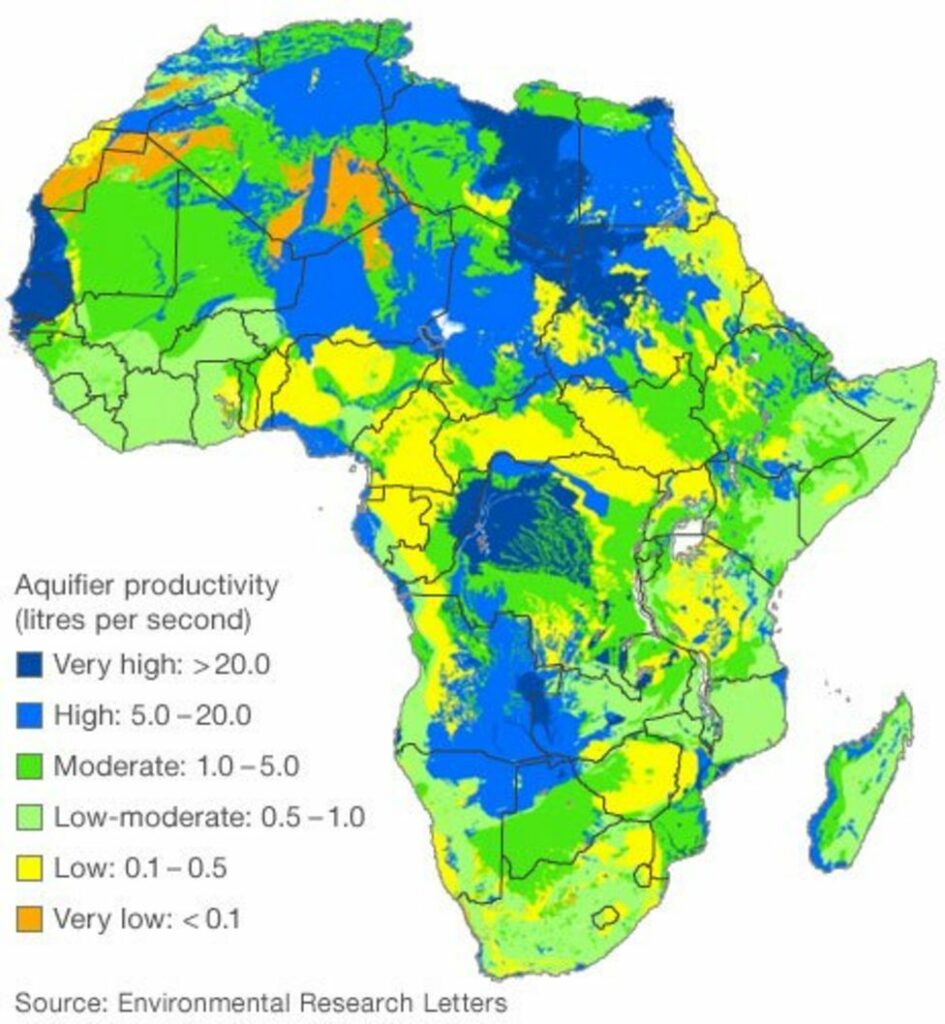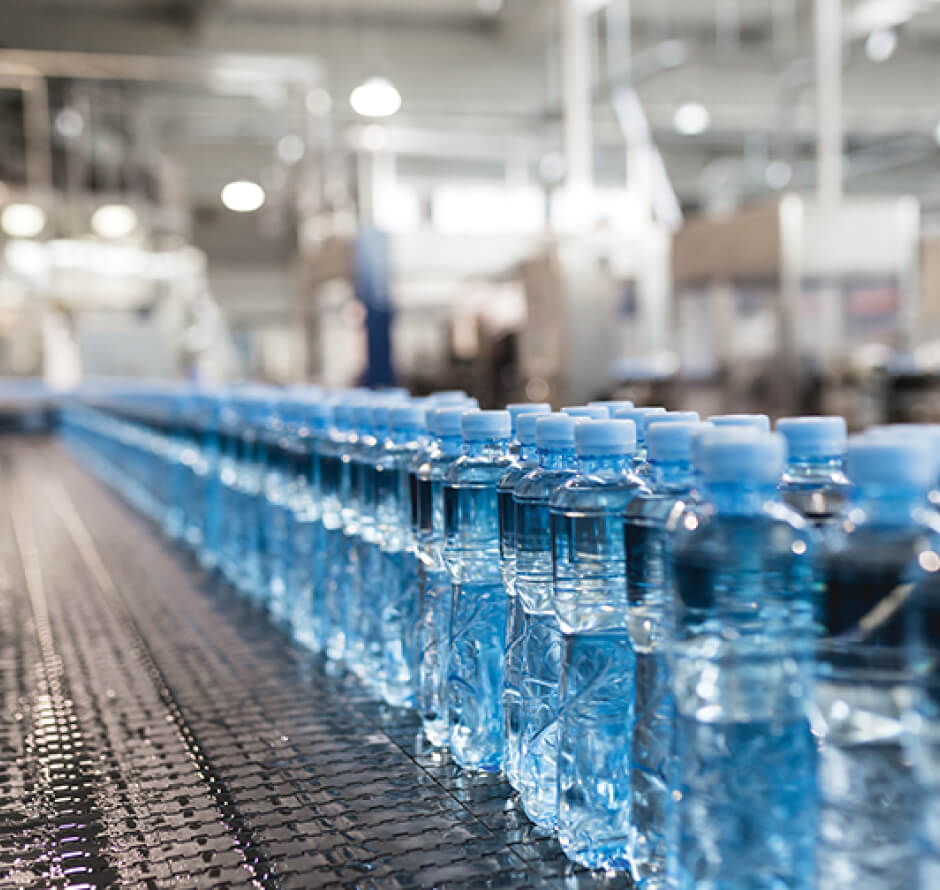Water is non-discretionary and for a continent highly dependent on Agriculture, water is a resource it can not do without.
Huge Market Potential: Africa is the second driest continent after Australia, with over 320 million people without access to clean drinking water. As such, the demand for clean water is very high, and investing in water infrastructure, purification, and distribution can be very lucrative.
Government Support: Many African governments recognise the need for clean water and have launched initiatives to increase access to clean water. This creates opportunities for private companies to partner with governments and implement water projects.
Growing Population: Africa is one of the fastest-growing regions in the world, with a projected population of 2.5 billion by 2050. As the population grows, so does the demand for clean water. Investing in water infrastructure can help meet this growing demand.
Economic Growth: Water is essential for economic development, and investing in water infrastructure can support economic growth in Africa. Access to clean water can improve health outcomes, increase agricultural productivity, and support industrial growth.
Social Impact: Investing in water in Africa can have a significant social impact, as it can improve access to clean water, reduce water-borne diseases, and improve overall health outcomes. This can help lift people out of poverty and improve their quality of life.
Africa is home to some of the world’s largest rivers and lakes, including the Nile, the Congo, the Niger, and Lake Victoria. It has significant surface water resources, with over 90% of its renewable water resources coming from surface water. Researchers from the British Geological Survey and University College London (UCL) have mapped in detail the amount and potential yield of groundwater resource across the continent and discovered Africa is sitting on a vast reservoir of groundwater.

The continent’s major rivers and lakes provide important sources of water for drinking, agriculture, and industry. However, despite its abundant water resources, Africa is still the driest continent in the world, with over 60% of the population lacking access to safe and clean water. This presents significant opportunities for investment in water infrastructure and technologies to increase access to water and improve water quality.

Africa is experiencing rapid urbanization, with over 50% of the population projected to live in cities by 2050. This is driving demand for water services in urban areas, including water supply and sanitation, wastewater treatment, and stormwater management.

Investment in the water sector in Africa is increasing, with over $6 billion invested in water and sanitation infrastructure between 2010 and 2016, according to the World Bank.

This investment is expected to continue, driven by growing demand for water services and increasing recognition of the economic and social benefits of water infrastructure. In 2018 alone, the total investment in water sector has increased to $13.3 billion.
However, to achieve Africa Water Vision 2025, the African Development Bank has come up with a figure of US$ 20 billion as being necessary each year over the coming 25 years to attain the minimum condition of the desired water future. This is about 11% of the global estimate of US$ 180 billion per year for implementing the global Framework for Action in developing countries.



